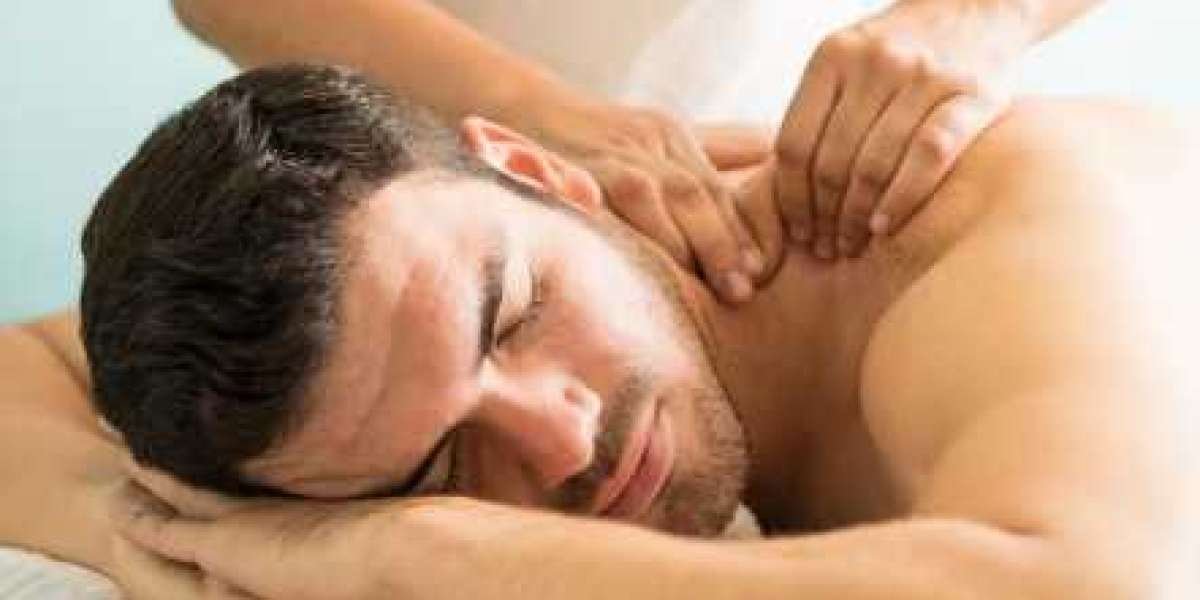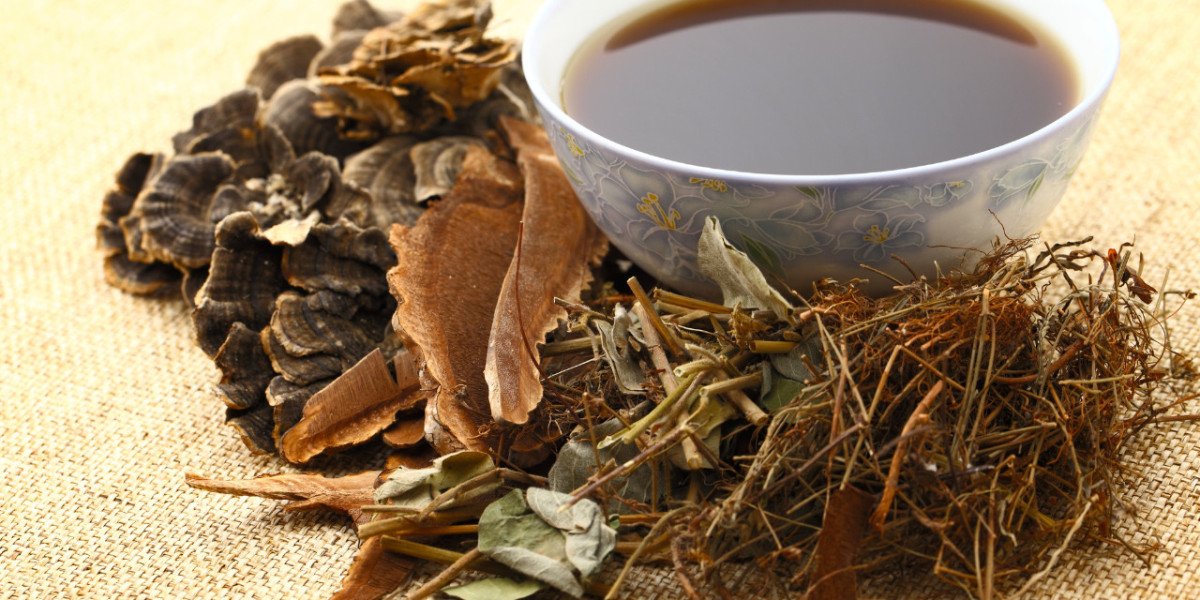In our fast-paced and stress-filled lives, finding moments of relaxation and rejuvenation is essential for our well-being. One of the most effective ways to unwind and release tension is through the art of massage. In this thousand-word blog, we will explore the world of massage, its benefits, different types, and how it can transform your physical and mental health.
The Ancient Art of Healing
Massage is not a modern invention; it has been practiced for thousands of years across various cultures. The ancient Egyptians, Chinese, Greeks, and Romans all recognized the therapeutic benefits of touch and used massage techniques to heal and relax the body.
Benefits of Massage
Stress Reduction: One of the primary benefits of massage is its ability to reduce stress and anxiety. The gentle strokes and kneading actions of a massage therapist can help calm the nervous system, leading to a sense of deep relaxation.
Pain Relief: Massage is an effective way to alleviate both acute and chronic pain. Whether it's a sore back, tense shoulders, or muscle stiffness, skilled massage therapists can target specific areas to provide relief.
Improved Circulation: Massage increases blood flow to the muscles, which helps in the delivery of oxygen and nutrients. This enhanced circulation can aid in the healing process and promote overall wellness.
Better Sleep: Many individuals struggle with sleep issues, and massage can be a natural remedy. The relaxation induced by massage can lead to better sleep quality and duration.
Enhanced Flexibility: Regular massage sessions can improve joint flexibility and range of motion. This is particularly beneficial for athletes and individuals with mobility issues.
Types of Massage
There are numerous massage techniques and styles, each with its own unique benefits. Here are some popular types of massage:
Swedish Massage: This is the most common type of massage. It involves long, gliding strokes, kneading, tapping, and gentle stretching. Swedish massage is excellent for relaxation and stress reduction.
Deep Tissue Massage: Deep tissue massage focuses on the deeper layers of muscle tissue. It's ideal for targeting chronic muscle tension and addressing specific pain issues.
Hot Stone Massage: This luxurious massage involves the use of heated stones placed on specific points of the body. The heat helps to relax muscles and release tension.
Thai Massage: Thai massage is a dynamic form of bodywork that involves stretching and passive yoga-like movements. It's excellent for improving flexibility and energy flow.
Sports Massage: Athletes often opt for sports massage to prevent injuries, promote faster recovery, and enhance performance. It combines various techniques to address specific needs.
Aromatherapy Massage: Aromatherapy massage combines the benefits of massage with the use of essential oils. Different oils can promote relaxation, invigoration, or pain relief.
The Role of a Skilled Therapist
While massage techniques and styles are important, the skill and experience of the therapist play a significant role in the effectiveness of the massage. A skilled therapist can tailor the session to your specific needs, ensuring a safe and enjoyable experience.
Massage and Mental Health
The benefits of massage extend beyond the physical realm; they can have a profound impact on mental health as well. Here's how:
Stress Reduction: As mentioned earlier, massage is a potent stress reducer. When stress levels are lowered, it can lead to improved mental clarity and emotional well-being.
Anxiety and Depression: Regular massage can help alleviate symptoms of anxiety and depression. The release of endorphins during a massage can boost mood and reduce feelings of sadness or worry.
Mind-Body Connection: Massage encourages a stronger connection between the mind and body. It promotes mindfulness and relaxation, helping individuals become more attuned to their physical sensations and emotions.
Self-Care: Scheduling regular massage sessions is a form of self-care. It sends a message that your well-being is a priority, which can boost self-esteem and self-worth.
Massage for Everyone
Massage is not limited to specific age groups or demographics. It can benefit people of all ages, from infants to seniors. It's important to communicate your needs and any medical conditions with your therapist to ensure a safe and effective session.
Conclusion
In a world that often demands so much from us, taking time for self-care and relaxation is essential. Massage offers a holistic approach to well-being, addressing both the physical and mental aspects of health. Whether you're seeking stress relief, pain management, or simply a moment of tranquility, the art of massage can be a transformative experience. So, schedule that massage appointment and embark on a journey of relaxation and healing, one soothing touch at a time.
Top of Form








